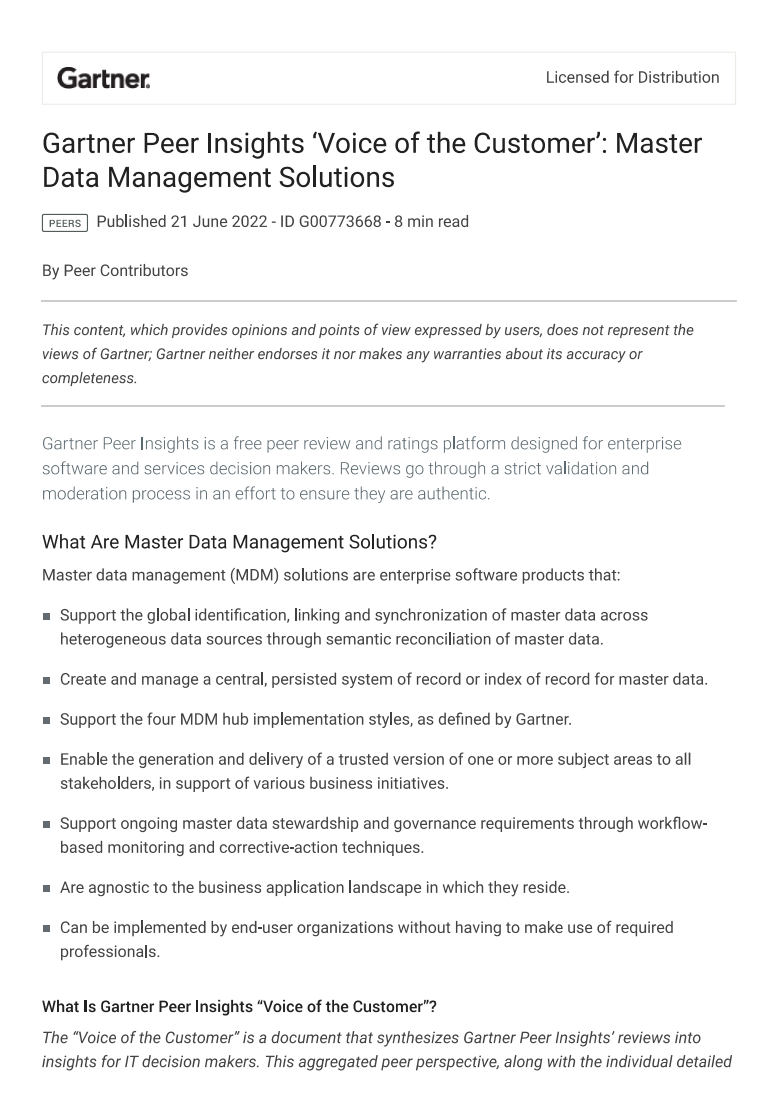AI security tools see mounting investment as businesses scramble to mitigate generative AI’s issues
Generative AI providers don't currently have the confidence of business leaders when it comes to sending sensitive data to their clouds


Over a third (34%) of organizations adopting generative AI are also investing in AI application security solutions to mitigate known risks such as data leaks.
A new report from Gartner found that in addition to application security solutions, greater investments into privacy-enhancing technologies (PETs), AI model operationalization (ModelOps), and model monitoring are being planned.
Despite enthusiasm for generative AI among business leaders, many felt the need for backup options to prevent inaccurate and harmful outputs and the potential for their proprietary information to be leaked through public AI services.
Among those surveyed, 57% of respondents were particularly concerned about leaked sensitive data in AI-generated code, versus 58% who were most concerned about incorrect outputs or models showing bias.
Avivah Litan, distinguished VP analyst at Gartner, told ITPro that organizations were very worried about the risks of poor data privacy when it comes to generative AI, and that public AI options such Azure OpenAI ask for a degree of trust that some IT leaders find difficult to provide.
“That’s what they’re really worried about: how can we trust OpenAI or Google, or any of them, Microsoft, with our data? Even if they say that they're not sharing it, they're not using or training our data for improving their model, no one will take any liability if we're compromised.
“Number one, the users have to trust without the ability to verify. Number two, it's not a new issue. This has been around as long as SaaS and cloud applications have been around, but it seems to be heightened because LLMs are already a black box and no one knows what's going on inside the model. So people just get more paranoid.”
ChannelPro Newsletter
Stay up to date with the latest Channel industry news and analysis with our twice-weekly newsletter
RELATED RESOURCE

Get an understanding of why AI/ML is crucial to cyber security, how it fits in, and its best use cases.
DOWNLOAD FOR FREE
Litan suggested that organizations could run on-premise AI models if they wanted to be certain that their data was not being stored, used to train other models, or leaked.
“The only thing that'll stop your data from getting breached in a third-party environment is don't use the third-party environment,” she said.
“Use your own model, download an open-source model, and host it yourself. But most companies don't have the resources for that.”
ModelOps is a governance method similar to DevOps through which firms automate the oversight of machine learning (ML) or AI models, to measure the effectiveness at which they are operating and whether they conform to safety expectations.
PETs protect data from being exposed while in use through encryption and can be used to train third-party generative AI models on data without unnecessarily exposing it. In the same manner, PETs can be used to encrypt AI or ML models to prevent threat actors from backwards-engineering them to reveal the sensitive data on which they were trained.
Apple made headlines in May when it banned its employees from using ChatGPT or GitHub Copilot over fears that employees could hand OpenAI sensitive data such as source code. Samsung workers accidentally leaked source code via ChatGPT, prompting the firm to issue an internal warning against the use of third-party AI in April.
Gartner’s survey, which ran 1-7 April 2023 and analyzed responses from 150 IT and information security leaders, also revealed an inconsistent view of where responsibility for AI systems rests within organizations.
Almost all (93%) IT and security respondents stated that they have a part to play in managing the risk of generative AI, but only 24% stated that they wholly own this responsibility.
Just under half (44%) of those who stated that they do not own this responsibility identified IT as the department that is responsible for overseeing this risk management, while 20% pointed instead to the governance, risk, and compliance department within their organization.

Rory Bathgate is Features and Multimedia Editor at ITPro, overseeing all in-depth content and case studies. He can also be found co-hosting the ITPro Podcast with Jane McCallion, swapping a keyboard for a microphone to discuss the latest learnings with thought leaders from across the tech sector.
In his free time, Rory enjoys photography, video editing, and good science fiction. After graduating from the University of Kent with a BA in English and American Literature, Rory undertook an MA in Eighteenth-Century Studies at King’s College London. He joined ITPro in 2022 as a graduate, following four years in student journalism. You can contact Rory at rory.bathgate@futurenet.com or on LinkedIn.
-
 Bigger salaries, more burnout: Is the CISO role in crisis?
Bigger salaries, more burnout: Is the CISO role in crisis?In-depth CISOs are more stressed than ever before – but why is this and what can be done?
By Kate O'Flaherty Published
-
 Cheap cyber crime kits can be bought on the dark web for less than $25
Cheap cyber crime kits can be bought on the dark web for less than $25News Research from NordVPN shows phishing kits are now widely available on the dark web and via messaging apps like Telegram, and are often selling for less than $25.
By Emma Woollacott Published
-
 Generative AI has had "no material impact" on IT spending
Generative AI has had "no material impact" on IT spendingNews 2025 could be a watershed year for generative AI-related IT spending
By Ross Kelly Published
-
 More than half of firms now using generative AI
More than half of firms now using generative AINews Nearly half of firms are now using generative AI tools in full production, compared to just 4% in March
By Rory Bathgate Published
-
 Gartner urges CISOs to adopt new forms of trust and risk management for AI
Gartner urges CISOs to adopt new forms of trust and risk management for AINews CISOs will need to deploy new strategies for best-case implementations of AI
By Rory Bathgate Published
-
 Software engineers must embrace generative AI or risk job progression, Gartner says
Software engineers must embrace generative AI or risk job progression, Gartner saysNews Leaders will be expected to embrace more nuanced skills related to generative AI as its popularity builds
By Ross Kelly Published
-
 AI chips revenue to reach $53 billion in 2023, Gartner predicts
AI chips revenue to reach $53 billion in 2023, Gartner predictsNews Demand for customized AI hardware is driving huge growth in the market
By Rory Bathgate Published
-
 Gartner peer insights: Voice of the customer
Gartner peer insights: Voice of the customerWhitepaper Master data management solutions
By ITPro Published
-
 Gartner urges CIOs to consider AI ethics
Gartner urges CIOs to consider AI ethicsNews A new report says CIOs must guarantee good ethics of "smart machines" in order to build trust
By Caroline Preece Published
-
 Gartner big data research suggests growing IT director interest
Gartner big data research suggests growing IT director interestNews Market watcher cites competitive fears and greater understanding as reasons for growing interest in big data.
By Caroline Donnelly Published